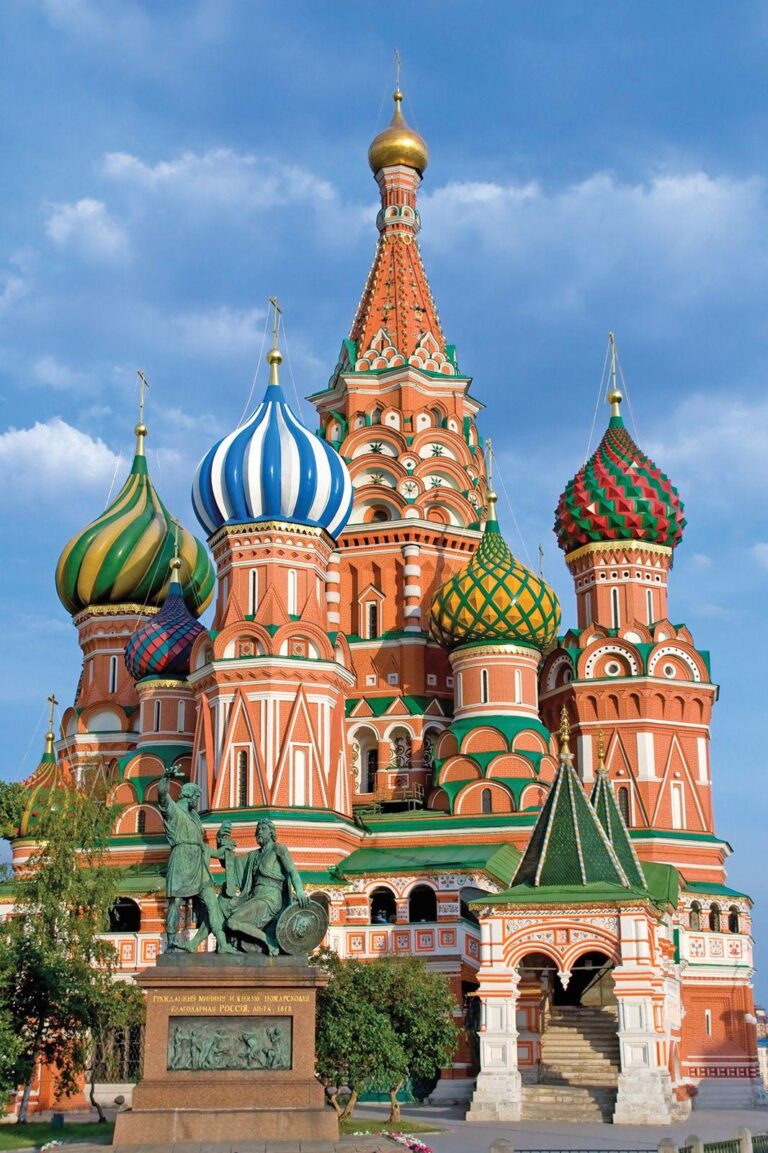Understanding the Kremlin’s Call for Clarity in Ukraine’s Ceasefire Response
The ongoing conflict between Russia and Ukraine continues to escalate, with recent developments highlighting the complexities of diplomatic communication. The Kremlin has criticized Kyiv’s response to President Vladimir Putin’s ceasefire proposal as “unclear,” leading to demands for a more definitive stance from Ukrainian leaders. This ceasefire initiative,introduced amidst persistent hostilities and increasing casualties,was intended to pave the way for peace talks. Though, the ambiguity surrounding Ukraine’s position raises concerns about potential de-escalation efforts. As both nations grapple with their diplomatic strategies, global observers remain hopeful for a resolution that could stabilize not just the region but also international relations at large.
Kremlin Calls for Clarity in Ukraine’s Ceasefire Response
the Kremlin has voiced its dissatisfaction regarding what it interprets as an unclear reply from Ukrainian officials concerning President Putin’s latest ceasefire offer. Senior figures in Moscow have stressed that a clear response from Kyiv is crucial for advancing peace negotiations. Dmitry Peskov, spokesperson for the Kremlin, remarked that this vagueness prolongs hostilities and creates uncertainty about future interactions: “We are prepared to engage in serious discussions; however, we need clarity on their intentions,” he stated.
Considering ongoing military actions, moscow has outlined several critical elements they believe must be addressed before any truce can be established:
- Immediate Cessation of Hostilities: A firm commitment from both sides to halt all military actions.
- Humanitarian Access: Unrestricted delivery of aid to regions affected by conflict.
- Negotiation Timeline: A clear framework outlining future discussions and resolutions regarding the conflict.
The urgency for a definitive response from Ukraine is becoming increasingly apparent as international observers keep a close watch on developments. The outcomes of these dialogues hold significant implications not only for bilateral relations but also for regional stability at large.
impact of Ukrainian Ambiguity on Regional Stability and Negotiations
The Kremlin’s critique highlights how fragile regional stability is amid this ongoing crisis. The demand for clarity from Ukraine transcends mere diplomatic niceties; it reflects deeper challenges in formulating an effective strategy during this protracted conflict. Analysts propose that such ambiguity may arise due to various factors including internal discord within the ukrainian government, differing opinions among military leaders, and significant influence exerted by Western allies. This lack of clarity can weaken Ukraine’s negotiating power while complicating responses from other nations involved.
The ramifications of an unclear stance extend beyond immediate bilateral relations; they impact broader geopolitical dynamics as well. A more explicit articulation of Ukraine’s position could foster national unity while rallying support domestically and internationally—potentially deterring further aggressive actions by Russia. Conversely, continued ambiguity might escalate tensions further or lead to miscalculations in military strategy resulting in prolonged conflict scenarios. Key considerations include:
- Cohesion Among Western Allies: It is vital that Ukraine presents a unified message to maintain robust support from NATO and EU partners.
- Evolving Russian Tactics: How uncertainty may embolden Russian advances while complicating their strategic objectives on multiple fronts.
- Navigating Internal unity: The necessity of presenting a cohesive strategy within Ukraine itself is essential for sustaining public trust and political stability during turbulent times.
Strategic Diplomatic Recommendations: Addressing Kremlin Concerns
To address Moscow’s concerns effectively, here are some recommended strategies:
- Clearly Define Terms: Establish specific conditions tied to any proposed ceasefire agreement—including territorial issues and civilian safety guarantees.
- Initiate Direct Communication: Create direct lines with Russian representatives aimed at clarifying misunderstandings regarding Kyiv’s position.
- Engage Neutral mediators: Involve third-party mediators who can facilitate discussions impartially while addressing interests pertinent to both parties.
- Regular Briefings: Provide consistent updates about progress made during ceasefire talks ensuring unified responses among allies.
- Inclusive Negotiation Framework: Propose comprehensive frameworks allowing input across various stakeholders which may alleviate perceptions held by Moscow regarding marginalization.
- Public Awareness Campaigns:< Â / Â > Launch initiatives designed educate domestic audiences alongside international communities concerning rationale behind diplomacy efforts emphasizing meaning towards achieving regional stability< . Â / Â
The call issued by Kremlins seeking clarification over Ukrainians’ reactions towards President Putins recent offer illustrates complexities inherent within current conflicts landscape remains evident . Both parties face immense pressure navigate delicate terrain diplomacy public sentiment amidst escalating tensions . International community closely monitoring signs indicating movement towards resolution prospects peace hangs precariously balance . Each new development underscores importance nuanced communication negotiation shaping future trajectory region unfolding situation necessitates continuous updates understanding evolving dynamics protracted struggle .
<
<
Additionally, maintaining clarity with international allies will be crucial for consolidating support behind ukraine’s stance throughout these negotiations.
Open channels with Western powers will strengthen Kyiv’s bargaining position substantially.
A strategic approach might encompass:
<
-
<
<
<




